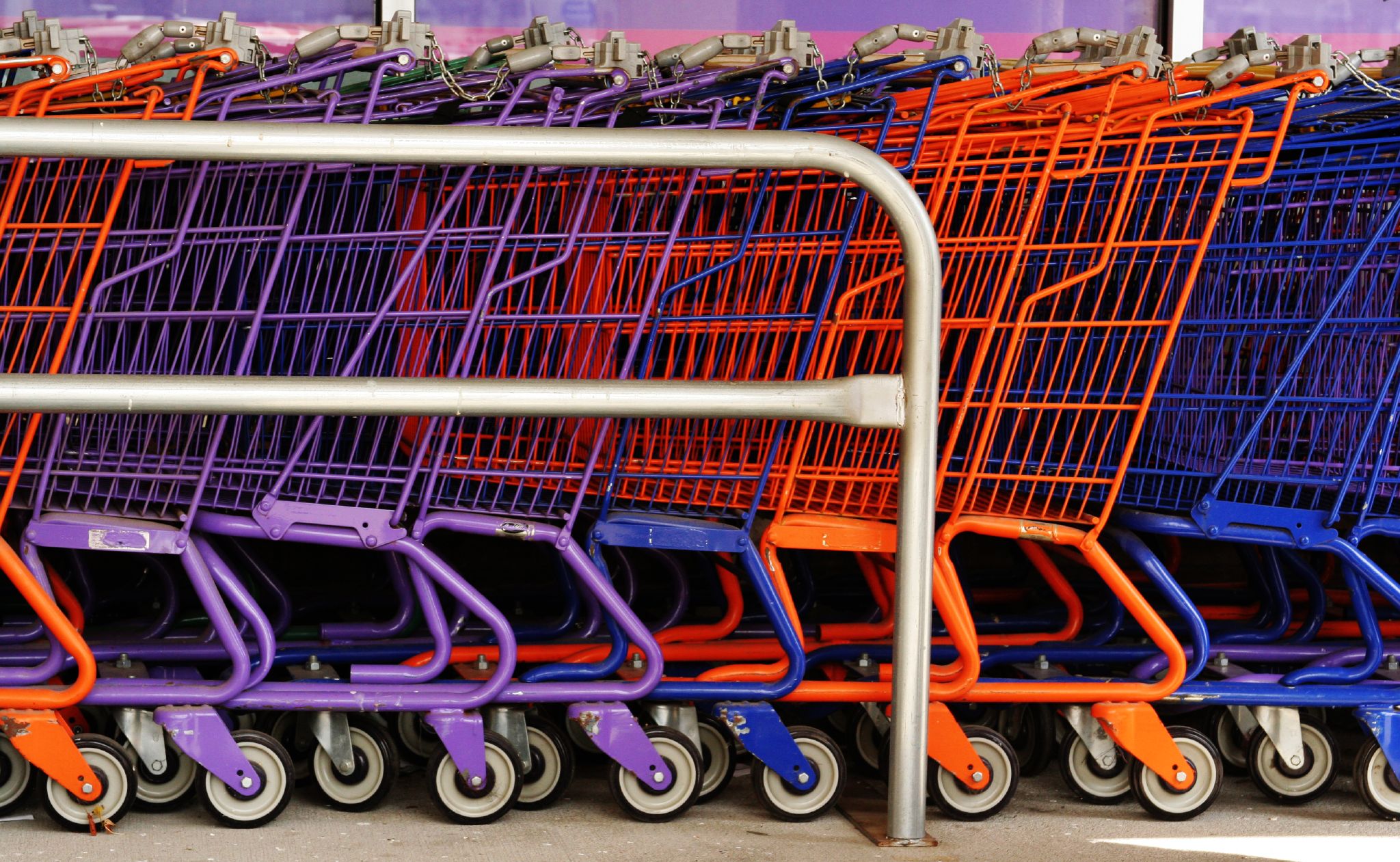Over the past few weeks, empty shelves have become an accepted feature of our everyday lives. Toilet roll, flour and pasta have become more valuable than ever before. The chances of securing an online delivery slot is more unlikely than winning the lottery. Yet, the government and retailers have repeatedly stated that there are plenty of food and groceries to go around. So why did one-third of Britons stockpile in anticipation of the COVID-19 outbreak? And why were we the only country to do so?
As the virus began to spread across Europe, supermarket sales within the UK were up by nearly a third. In the peak week of panic buying in early March, Tesco saw sales of 3.6 million packets of toilet roll, 6 million tins of beans and 3.1 million containers of soap – all nearly double the usual amount.
Supermarkets were quickly forced to introduce new measures in an attempt to try and make sure goods were available to everyone. Limits were put in place, ensuring that each customer was not able to buy more than three of every item. Some supermarkets, such as Tesco, created an eighty-item limit to ensure that as many people as possible are able to access essential goods. As well as their in-store efforts, most major retailers expanded their online delivery services to reach as many customers as possible, especially those who have been identified as vulnerable by the government. In particular, Tesco increased their capacity by more than forty per cent and are currently offering nearly one million delivery slots per week.
Despite these efforts, many have been left unable to access essential goods. Key workers, such as those on the frontline of the NHS, have been left unable to find items. In a heart-breaking video posted to Facebook, a nurse broke down after being unable to find fruit or vegetables at the end of her forty-eight-hour shift. Many vulnerable people who are not able to visit the shops in person are also struggling to access food due to a shortage of online delivery slots, despite the capacity increase. Supermarkets have been urging those who are able to visit shops in order to free up delivery for those who really need it. Food banks, something which many people rely on, are also suffering due to a lack of donations. So, knowing all of this, why have people continued to stockpile?
As a country, the UK has not faced food shortages like these since the Second World War. The majority of the population has never had to worry about where their next meal will come from. This has led to an attitude of entitlement: people see food as a right, a never-ending supply and something they can take for granted. It is this selfish attitude that has led to stockpiling and, subsequently, shortages.
The media also has a role to play. In the UK, newspapers began to report on ‘panic buying’ before it actually began. This, in turn, led to widespread fear of food shortages which ultimately spurred people on to buy more, thus creating a vicious cycle. In reality, this hurt only the most vulnerable. Director of the British Retail Consortium Andrew Opie has said that “in the face of unprecedented demand, we urge everyone to be considerate as buying more than is necessary can sometimes mean that others will be left without”.
Across Europe, however, the situation has been very different. Countries such as Italy and Spain, who were hit with the peak of the virus much earlier than us, have not had similar issues. In fact, quite the opposite: their shelves are fully stocked. Their supermarkets have not enforced limits and people have continued to shop as normal.
Now that stock levels are slowly returning to normal for most goods, it is important that we shop only for what we need, and as infrequently as possible. This will allow everyone to access essential goods. So, speaking as someone who works in a supermarket, next time you’re at the checkout with twenty bananas – maybe you should reconsider.
Annabel Bowker
Image: Wikimedia Commons.

